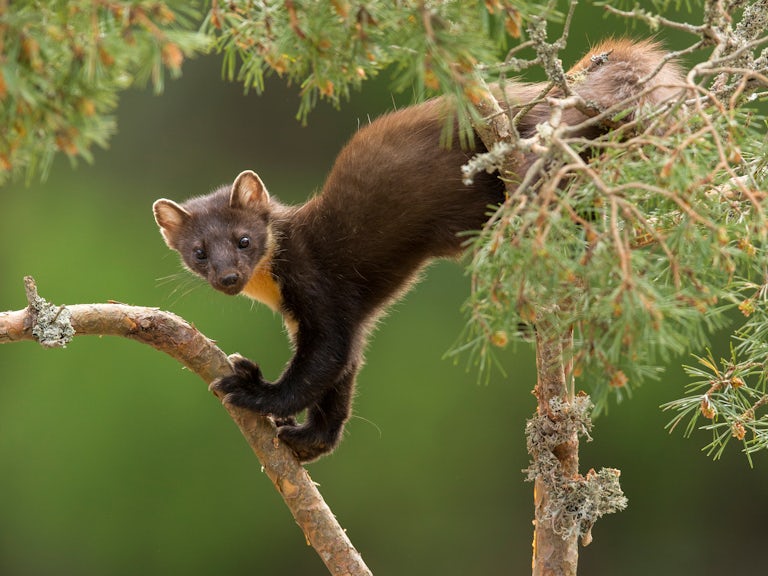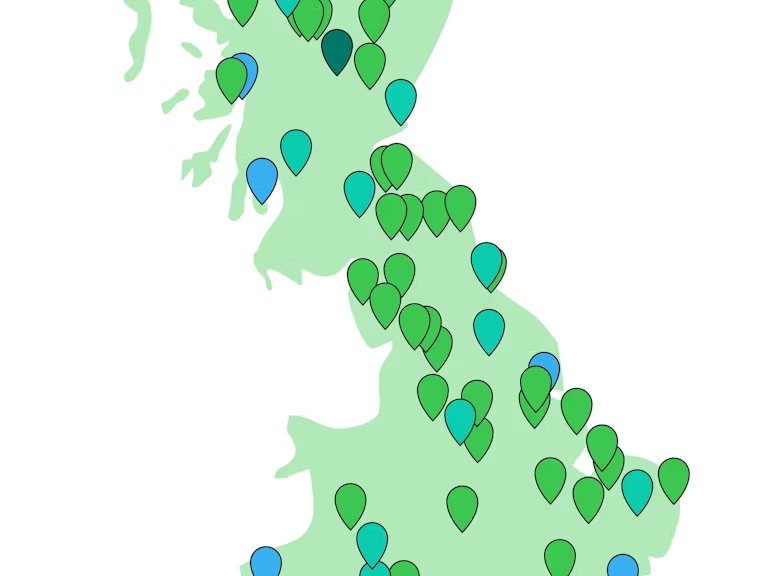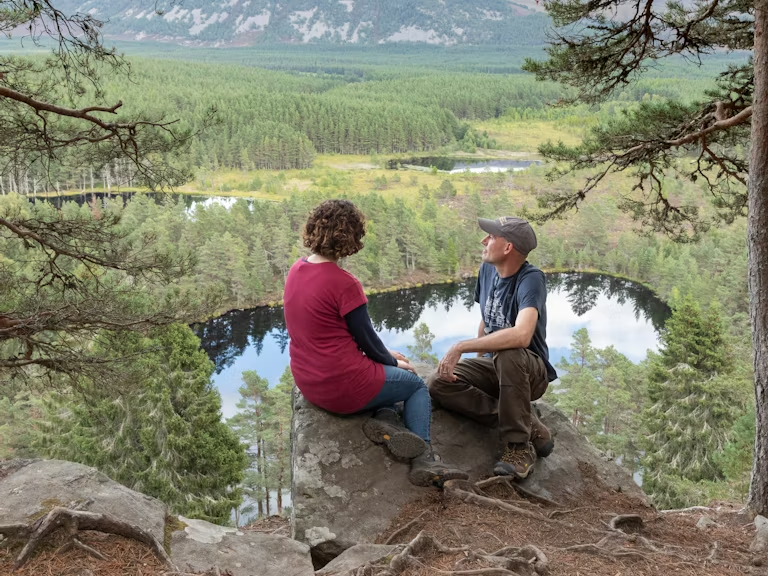Rewilding celebrates surge in growth and range this World Rewilding Day
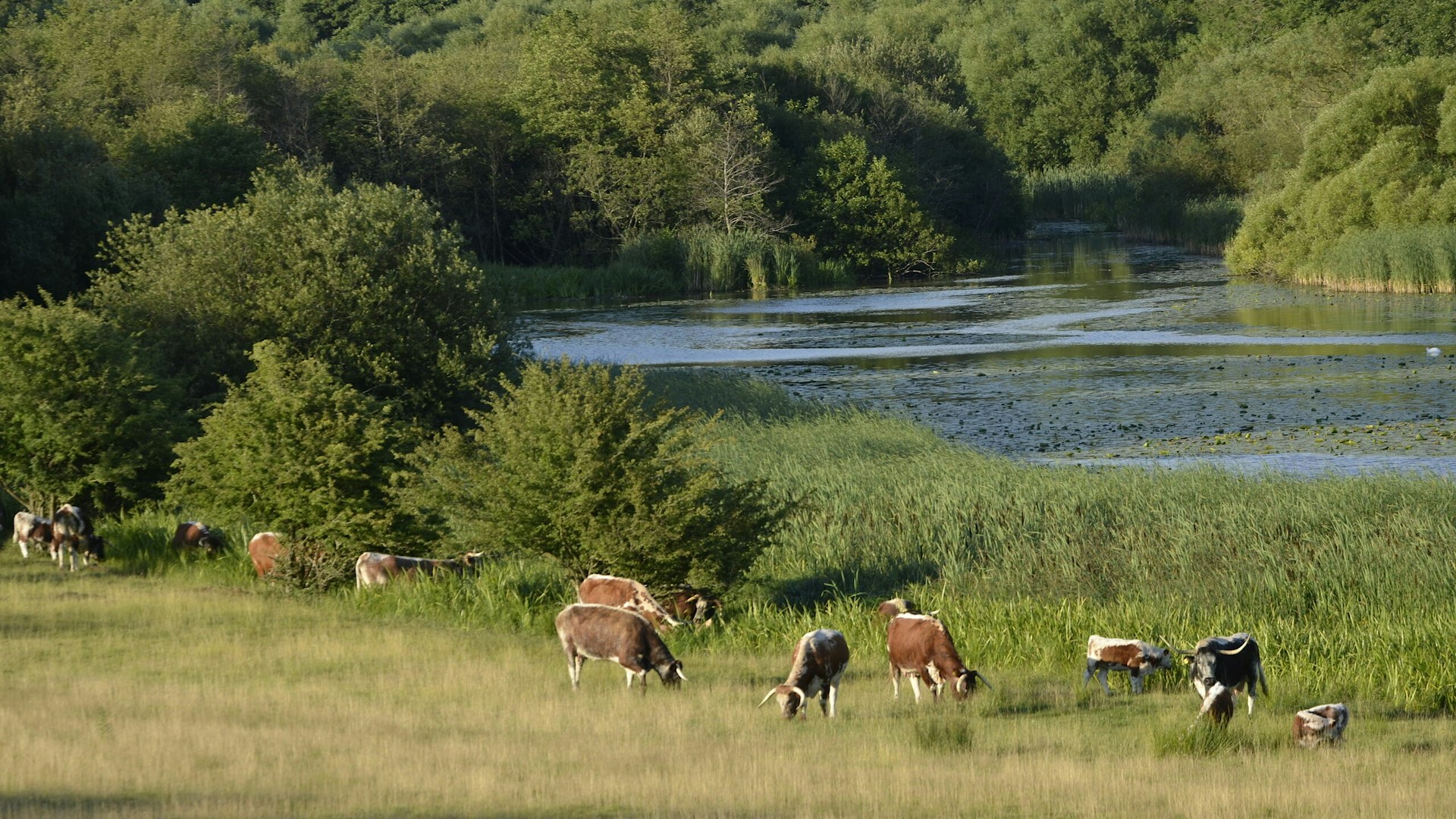
Published 20/03/2024
This World Rewilding Day we’re celebrating rewilding’s surge in growth and range, demonstrated through the extraordinary growth of the Rewilding Network since it was launched three years ago.
The Rewilding Network truly embodies the theme of this year’s World Rewilding Day, Hope into Action, and the fact that the Network has smashed its growth targets by over 20% since it was launched in 2021 speaks volumes about rewilding’s increasing popularity and accessibility as a positive solution for tackling the climate and biodiversity emergencies.
When launching the Network, we set a target to catalyse and support the rewilding of at least 121,406 hectares of land, plus marine areas, within three years. Latest figures show that the Network is now close to 1,000 members strong, and together these practitioners are working on actively rewilding 155,248 hectares of land — an area larger than the North York Moors National Park — plus 506 km² of seabed. What’s more, based on a sample of 58 Network sites, around three quarters are a mix of public land, community projects, eNGOs and farms, with one quarter being large estates.
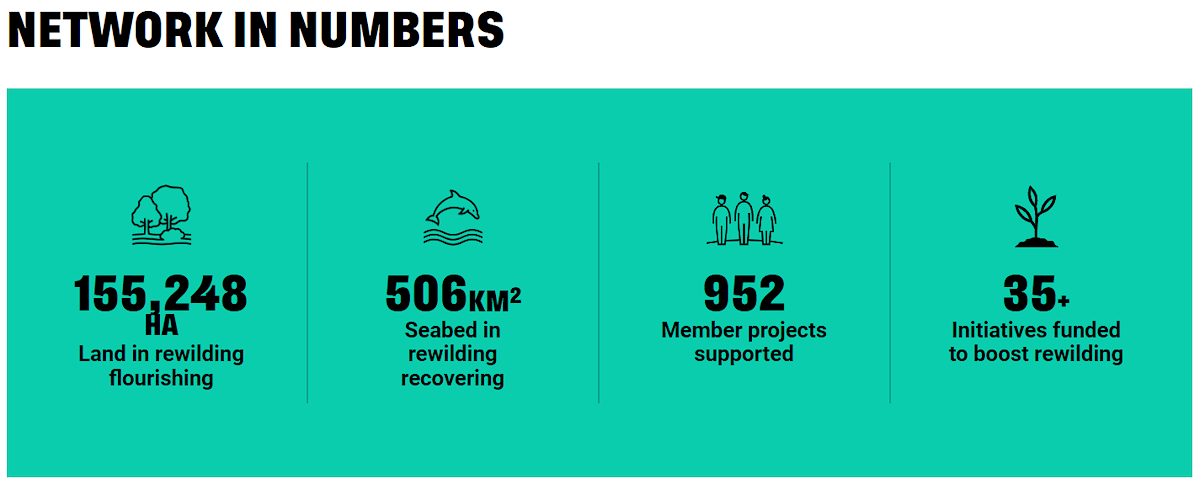
“The rapid growth of the Rewilding Network, and the wide range of exciting and inspiring projects involved, offers a real story of hope for reversing nature loss and addressing climate breakdown, while creating a wealth of benefits for people. Communities, innovative partnerships, charities, pioneering landowners and farmers showing how nature recovery and food production go hand-in-hand are among those leading the way and highlighting just what’s possible if we work together and Think Big, Act Wild!”
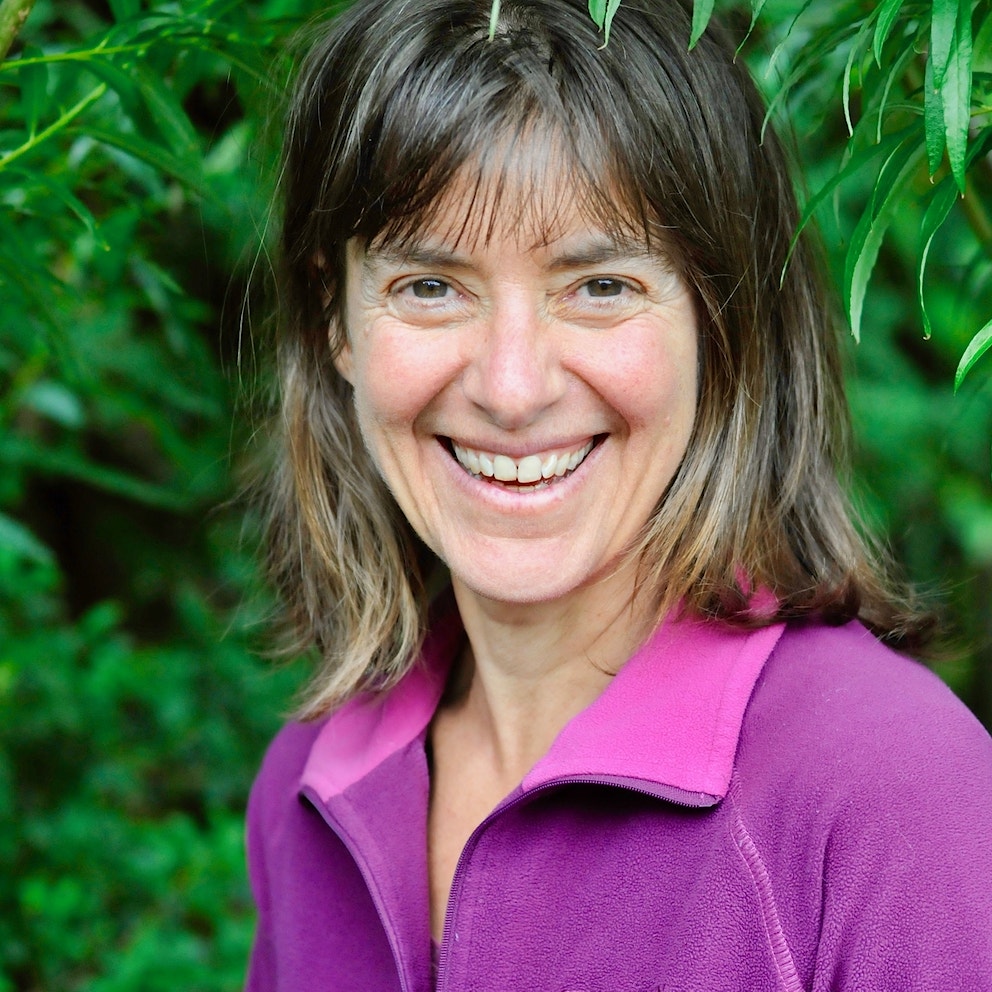
Rebecca Wrigley
CEO Rewilding Britain
Knepp Wildland
One of the pioneering projects in the Rewilding Network is the Knepp Estate, a ground-breaking rewilding project in West Sussex. Knepp has inspired dozens of rewilding projects by showing what’s possible when you let nature take the lead on a large scale.
This natural process-led ethos using free-roaming grazers, like cattle and ponies, to create a mosaic of habitats has resulted in an extraordinary increase of wildlife on the estate. Extremely rare species such as turtle doves, nightingales, peregrine falcons and purple emperor butterflies are now breeding on site, and populations of more common species are rocketing.
Using lessons learned from the rewilding of the Knepp Estate, the Knepp Wildland Foundation was founded to catalyse nature recovery across Sussex and beyond and provide the evidence, knowledge and inspiration to support nature recovery at scale. The Foundation forms part of the pioneering Weald to Waves nature corridor, which is establishing a 100-mile corridor connecting 20,000+ hectares of habitats from historic High Weald forests through nature-rich farmland and the South Downs National Park, along restored rivers to revived seas.
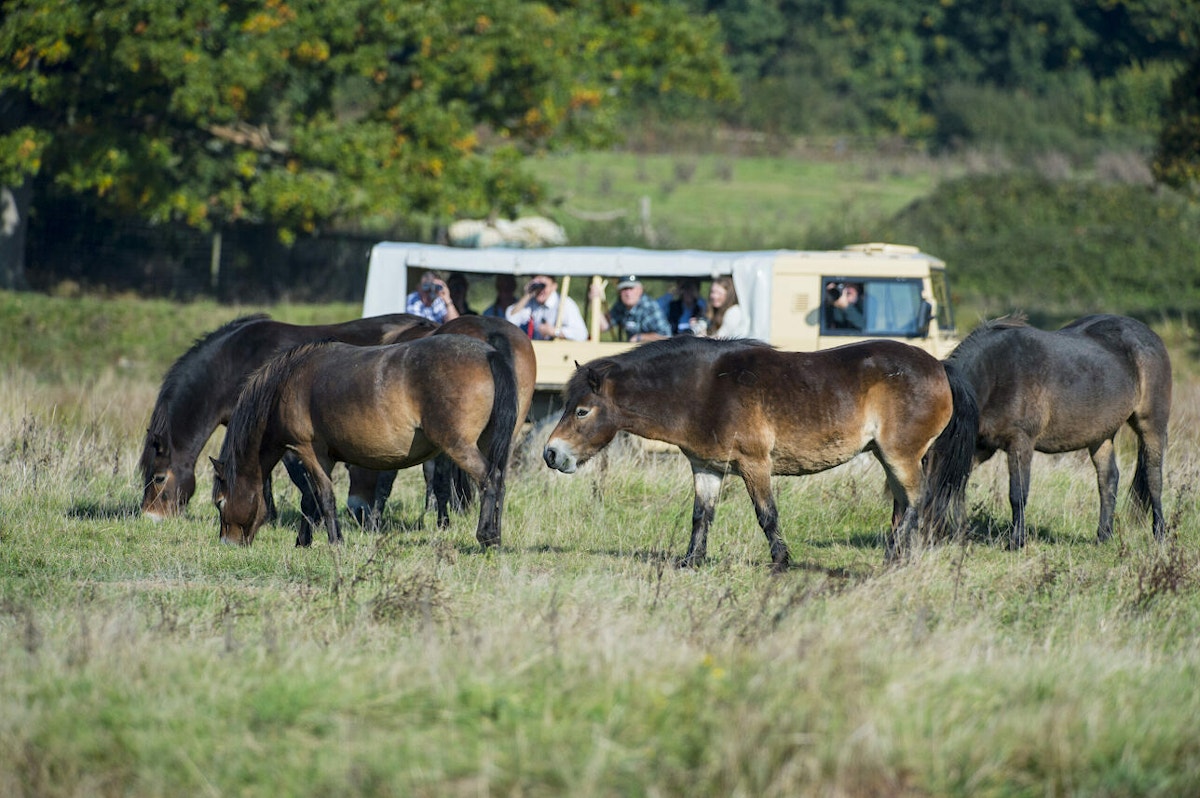
“Britain is moving into an exhilarating era of nature recovery. Across the country, communities and councils, farmers and financiers, educators and ecologists are working in tandem to revive our damaged landscapes and broken ecosystems. This is critical work, requiring bigger ambition, better strategies and more joined up thinking.”
Libby Drew
Director of Knepp Wildland Foundation
Community of Arran Seabed Trust (COAST)
Community-led rewilding projects are particularly inspiring, demonstrating the power communities have to influence the future recovery of the land on which they live. One such member of the Rewilding Network is the Community of Arran Seabed Trust (COAST), a charity whose work has resulted in a stunning recovery of marine habitats around Arran and the Clyde on Scotland’s west coast.
Set up in 1995 to combat the destruction of Arran’s marine habitats and decline of fish stocks due to trawling and dredging, COAST was responsible for the establishment, in 2008, of Scotland’s first No Take Zone in Lamlash Bay, completely protecting the waters, seabed and inhabitants from all forms of fishing. Today, this No Take Zone sits within the South Arran Marine Protected Area, legally established in 2016, and together these reserves are boosting sea and community life. Studies have shown that marine life has returned at dramatic levels in these waters. King scallop density, for example, has increased by over 850% in the Marine Protected Area since protection measures were brought in.
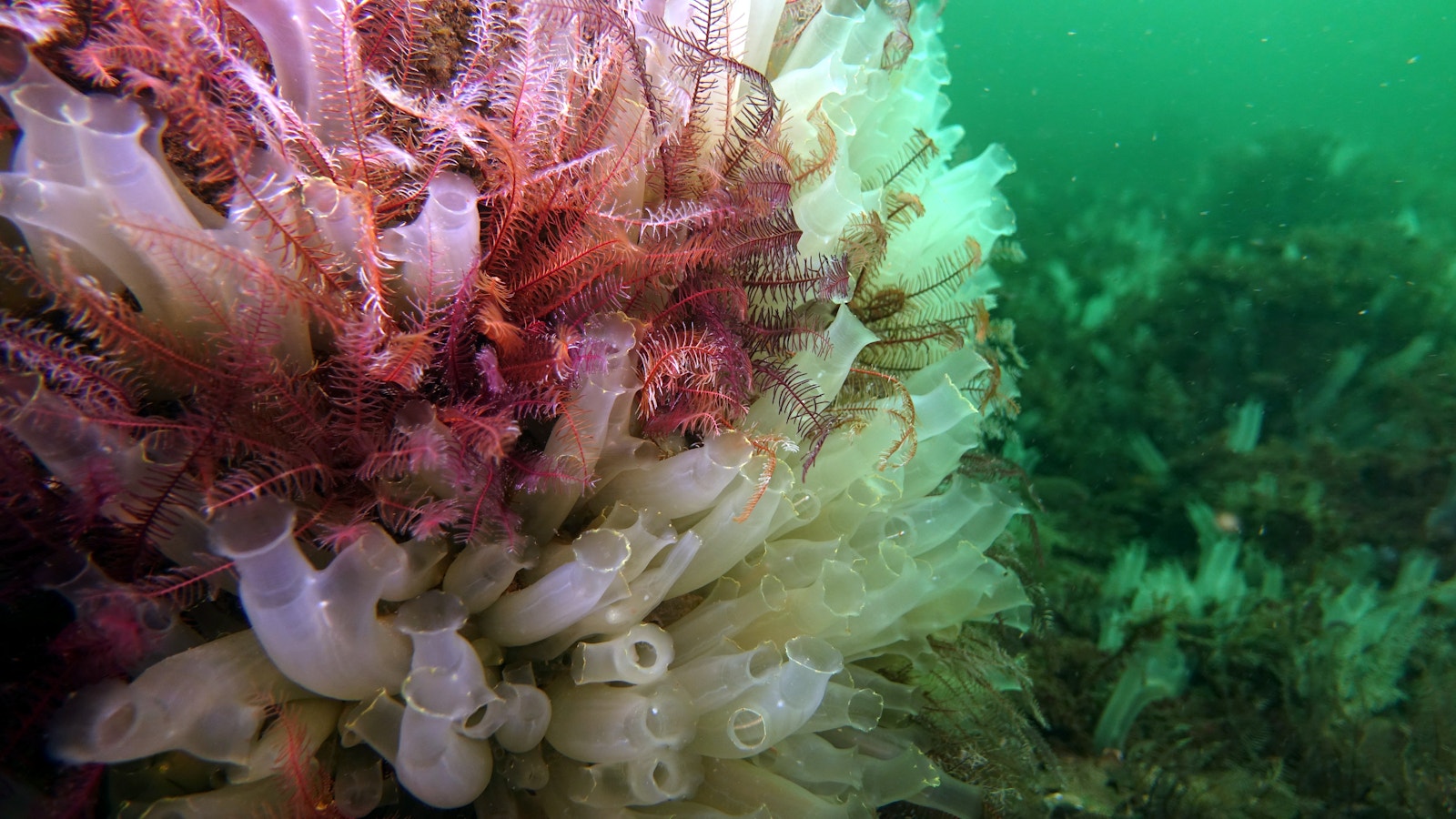
“As we navigate through the twin crises of biodiversity loss and climate change, there’s no better time to collaborate, learn and strengthen relationships built through the Rewilding Network. Looking ahead, we envision land and seascapes where nature thrives, communities prosper and hope reignites. Together, let us continue to champion rewilding as a beacon of hope for a brighter, wilder future.”
Áine Purcell-Milton
Executive Director of COAST
Wilder Doddington
Rewilding projects in the Rewilding Network continue to demonstrate all the ways in which rewilding can be successful — not just in restoring habitats, enhancing biodiversity and protecting wildlife but in bringing communities together, improving peoples’ mental and physical health and creating exciting economic opportunities.
The Doddington Estate in Lincolnshire has put rewilding at the heart of its management, with a mosaic of habitats including ancient woodland, wood pasture and lowland heath providing a range of opportunities for expansion of species across the previously arable land as rewilding unfolds. A popular tourist destination, Doddington receives approximately 250k visits a year to its farm shop, two cafes, home store, bike shop, clothing store and onsite accommodation.
With the fundamentals of rewilding at its heart, Doddington is working to realise the social and economic value of nature recovery as well as the ecological benefits via development of wildlife safaris and tours, new walking and cycling routes and access to Wilder Doddington for education and learning, health, fitness and nature inspired creative and cultural events.
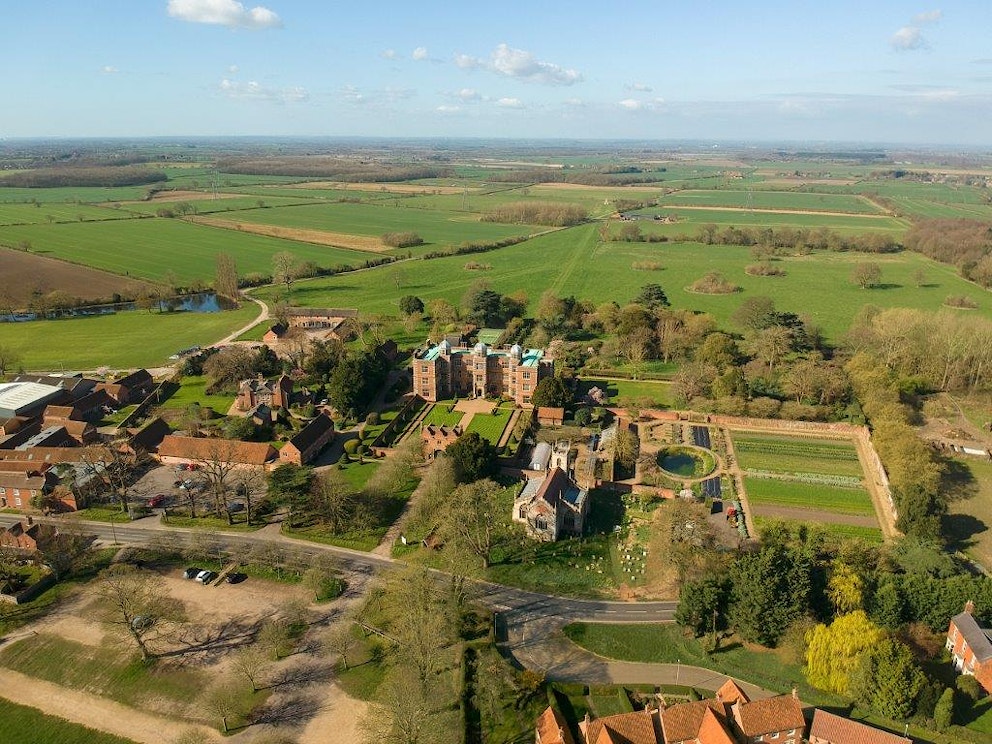
“We’re so pleased to watch nature taking back the land. It’s early days in our 100-year plan but we’re already seeing and hearing change as our fields get woollier, insects start to rebound and rare birds appear. A highlight was a migratory Great Grey Shrike that stayed for over a month this winter feeding on insects and small mammals. ”
Claire Birch
Doddington Estate Owner
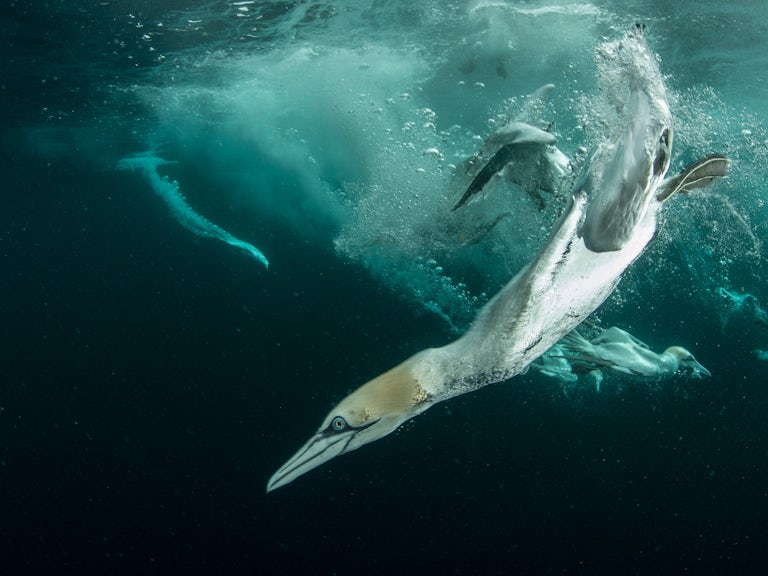

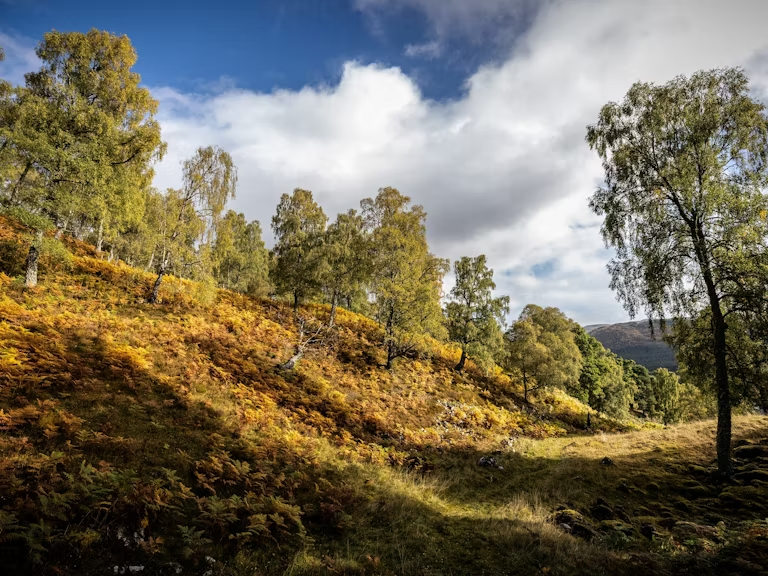
Rewilding 101
Start here to learn all about rewilding, what it looks like and what it can do.
Why rewild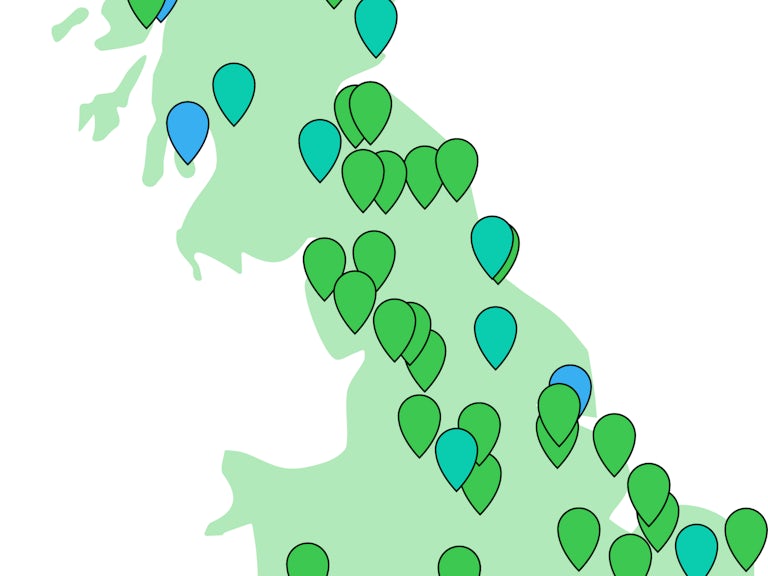
The Rewilding Network
The Rewilding Network is the go-to place for projects across Britain to connect, share and make rewilding happen on land and sea.
Discover the Rewilding Network